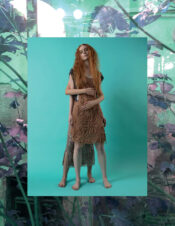Sustainability is confirming its value as an incentive for innovation and growth along the whole textile and fashion pipeline, not only implementing the development of new sustainable fibres and processes, but also with great consciousness and responsibility as to environmental and social performances.
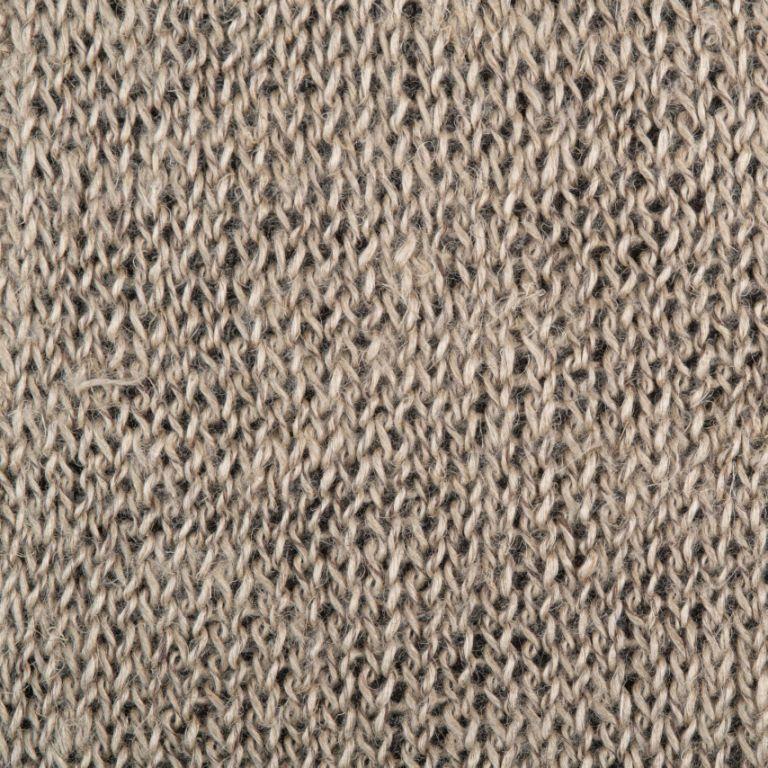

Without quality there is no sustainability.
Therefore, the research and careful selection of fibres and yarns will be relevant, starting from traceable natural fibres, through renewable materials and approaching regenerated or recycled yarns.
Among the natural fibres, Linen is classified as an eco-system.
Mechanical activities are a part of each operation in its transformation. Its green advantages range from the respect of the environment with the retention of 3,7 tons CO2 to the protection of soil and water resources: it needs zero irrigation (rain water is enough to grow it) and very little fertilizers.
A versatile fibre, resistant and durable crossing all seasons and genders at the heart of textile innovations.
In the yarn collections sustainability emerges from images of a powerful nature paired with a serious commitment for the habitat, the people, the planet.
Important decisions and investments have to deal with the digital transformation of company processes, granting circularity, transparency, traceability in order to create a competitive advantage.
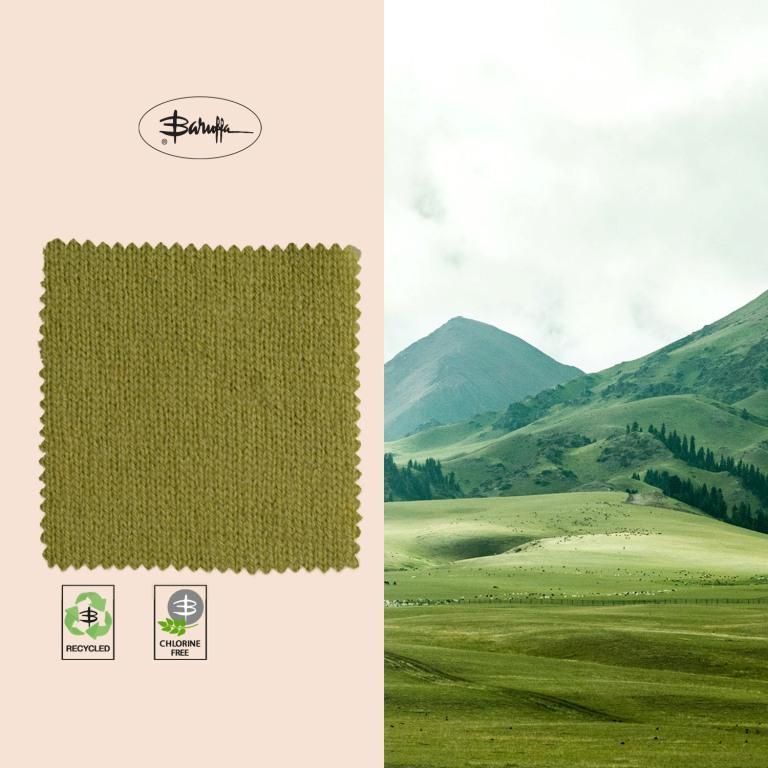
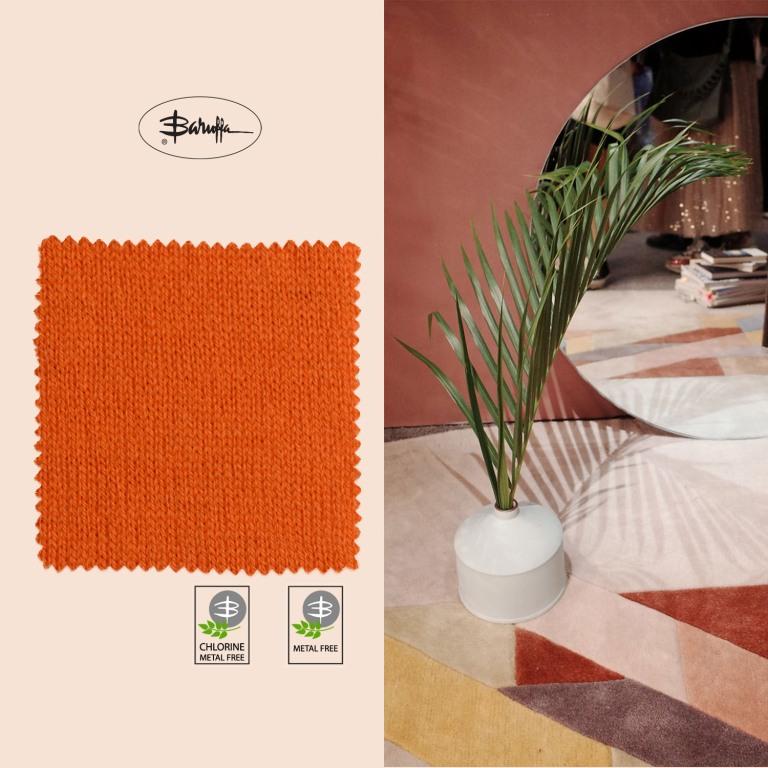
One of the topics of ZEGNA BARUFFA LANE BORGOSESIA among others is the declaration of its contribution to the Sustainable Development Goal (SDGs)
adopted by all the UN nations with special evidence of water consumption, waste production, forest upgrading to improve the carbon footprint.
The range of yarns “Green and Recycled” proposes worsted and woolen wool yarns with no chlorine treatment blended with recycled wool or polyamide certified GRS (Global Recycle Standard).
The next step to sustainability is connected with the transformation of the supply chain, introducing collaborations through the textile pipeline to regenerate and to recycle pre-and post-consumer materials with the objective of reducing the total production and to develop new yarns or fabrics of premium quality.
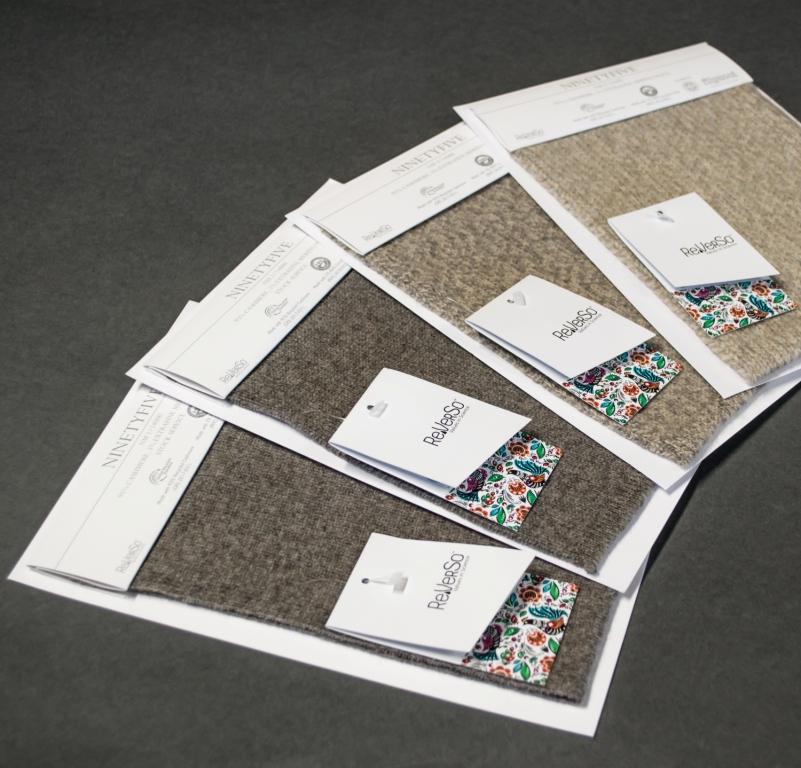
FILPUCCI among the spinning mills has promptly invested in regeneration via the project Re.Verso™ developed through a local supply chain able to regenerate wool, cashmere, camelhair.
Interesting is the experience of FILATURA PETTINATA LUISA with a fine worsted yarn certified GRS resulting from the recycling of their own dyed scraps.
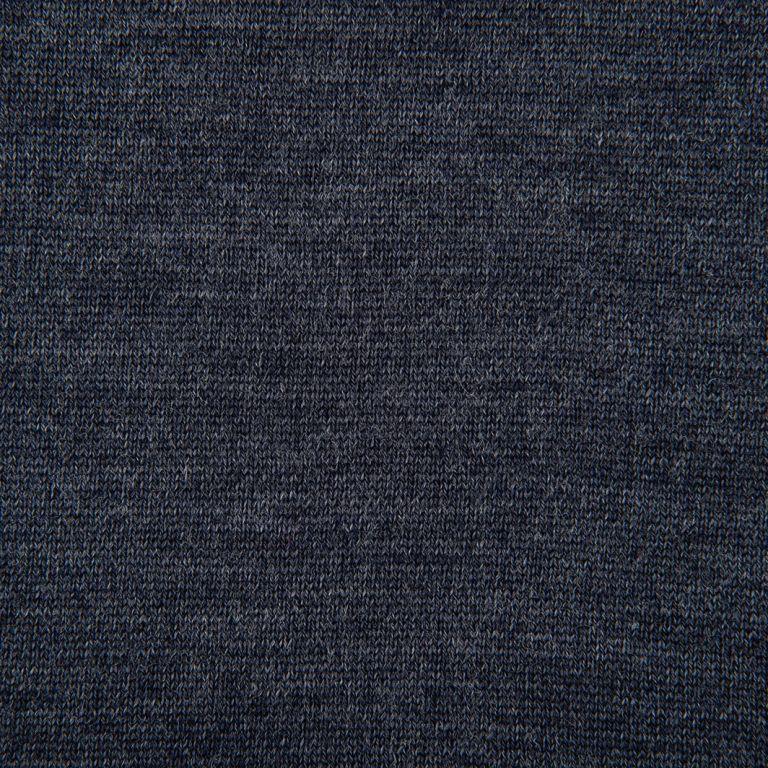
Each company adopts different strategies to enhance their distinctive traits.
By PINORI FILATI the recycling process of used jeans started years ago, shredding the fabrics and carding the fibres, ready to be transformed into new yarns with denim character.
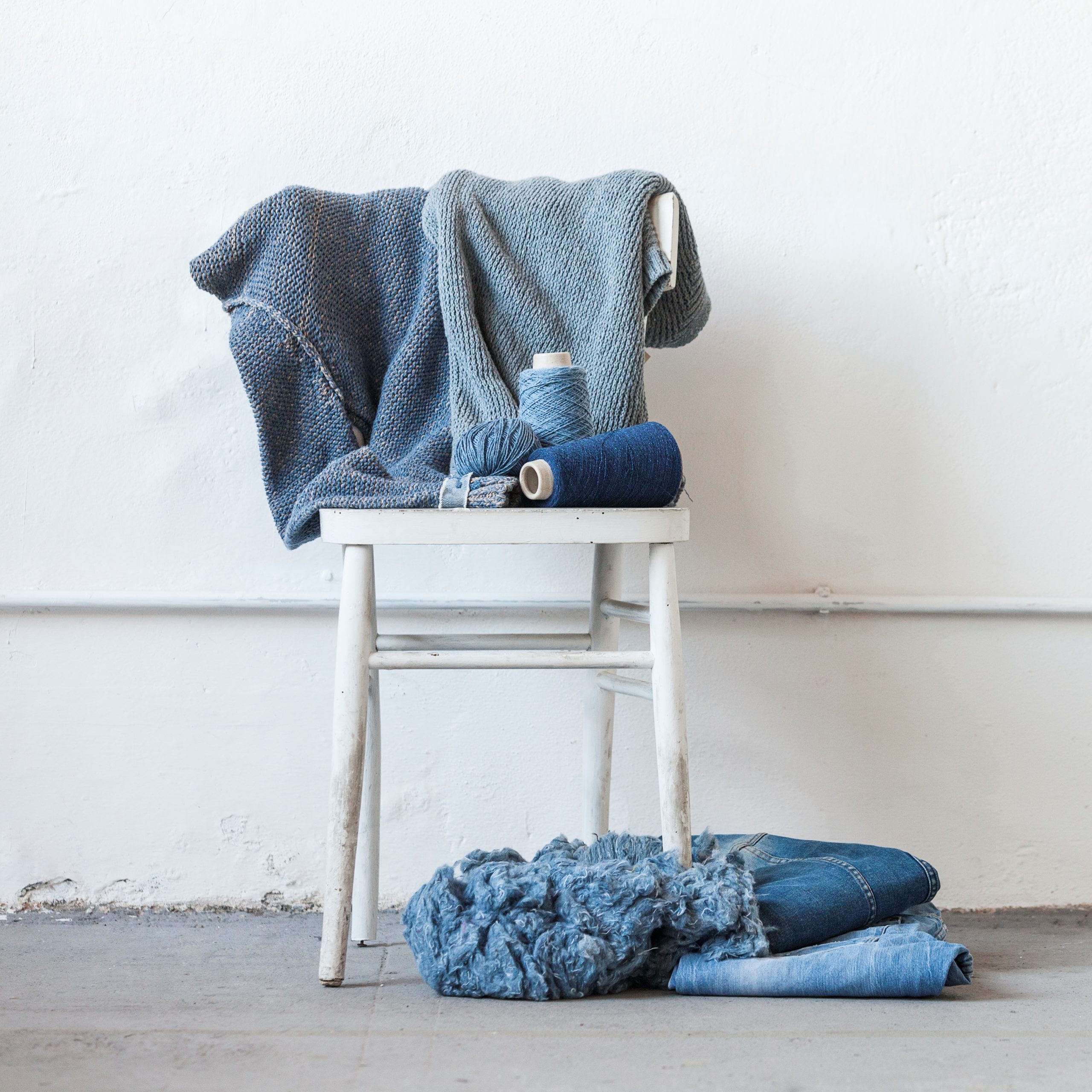
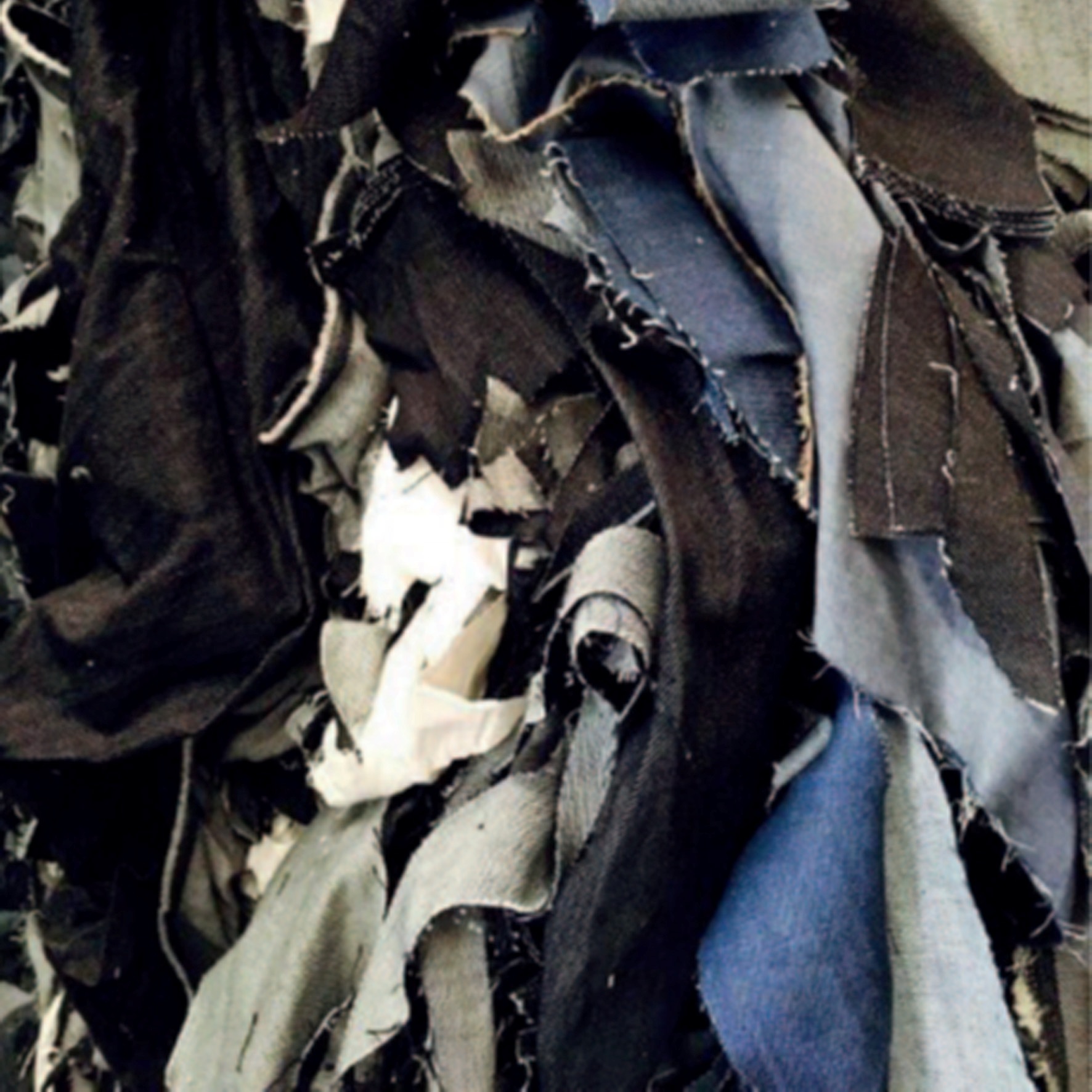
The path to sustainability is variegated and new solutions move forward every day, from the R&D of new fibres from local productions, to the introduction of new processes, implementing quality, functionality, durability. Elements that have been accelerated by COVID-19 with special attention to hygienic finishings – see the treatment Polygiene ViralOff, certified ISO 18184 enabling 99% reduction of bacteria and virus in 2 hours of time.
The challenges are great and the textile and fashion industries are ready to change to new paradigms of business:
- Accelerating 3D digitalization for virtual production
- Reducing waste of water, energy, materials
- Implementing the best practices leading to the expected circular economy.
Concept by Elementi Moda


